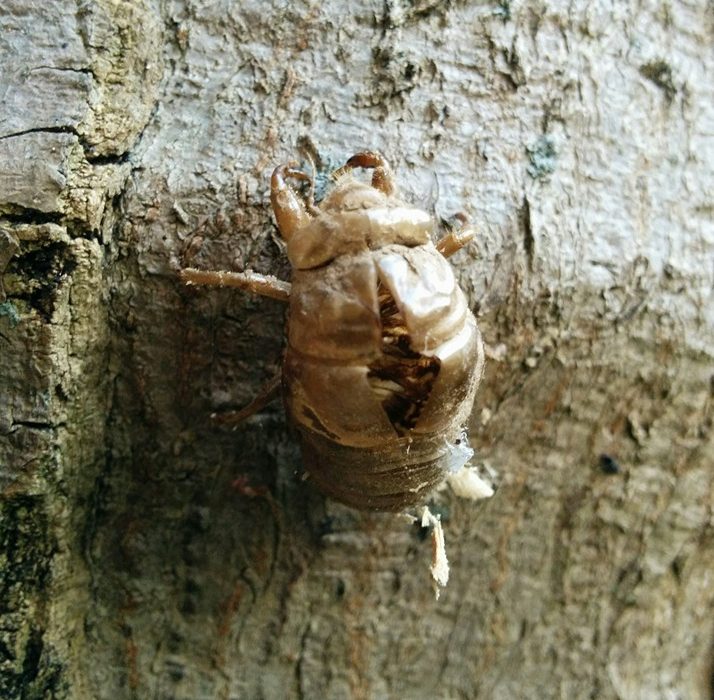Once upon a
time the Moon cast a radiant smile upon the night. Through the web of trees her attention was
drawn to an old man sitting alone on a tree stump in his backward.
“Odd,”
thought the Moon, “It’s three-thirty in the morning. Why is he up?”
The Moon
gently reached down and explored the old man’s soul, for that is one of the Moon’s
main jobs you know. With loving fingers
that dripped with compassion she found what she was looking for—a wound.
When she
found the tender place, she drew herself up, and summoned the notes to her song. They gathered around her, awaiting her
command.
“I have
found a little kingdom, war-torn and ragged; let us begin our holy work.”
And she
started to sing. The notes of her
song—silvery, luminous, and blossoming, wove their way through the stars, gathering
light as they descended. They rivered through
the trees, gathering dew as they went, and eventually sifted their way into the
old man’s soul, like fireflies illuminating the darkness.
The old man
suddenly found himself rocking like a little boy, his arms clasped around his
knees. He missed her so. And as his soul began resonating with the
glowing thrum of the Moon’s song, tears formed in his eyes. They rose from the springs hidden in the dark
soil of his grief. They welled up, like
waves to touch the shores of his suffering.
They were drawn upwards, like water from the earth to nourish the roots
of the cherry blossoms. And he
wept. Flooded with tears he wept, mouth
open, heart open, wound open, he wept. He
looked to the sky. The Moon smiled her
smile of deepest tenderness. Her notes whirled around and within him filling
him with light and healing dew.
And then the
Moon gave her silent whistle and called the old man’s dog to his side. It obeyed, quietly padding its way to where
the old man sat.
“Oh, go back
to sleep,” wept the old man tousling the top of the dog’s head. “I’m OK.
I just miss her so much.” And
then the tears overtook him again and he rocked some more to the Moon’s
shimmering music.
And the dog,
hearing her music, wagged its tail. It
lifted a paw onto the old man’s knee.
The old man scratched the dog behind its ears. They sat this way for a long time, the old
man, the Moon, and his dog.
Then something
caught the dog’s attention. It tilted
his head and began to bark. It turned
away and ran towards the field, stopping and staring into the night. It trotted back barking at the old man.
“What is it
girl?” asked the old man sniffling.
“What’s out there?”
The dog
barked again running back and forth between the old man and the edge of the
Moon-lit field.
“I’m tired,”
said the old man, “it’s too late for a walk.”
That’s when
he saw her.
Surrounded
by a gently pulsing orb of light—she stood in the field–watching him.
He gasped
and clutched his chest. His world
toppled like a bowl from a shelf. He stood and without realizing it began to
run.
Yes, she was
there. As the old man neared, calling
her name, she lifted her arms clad in robes of light. She was smiling as he fell into her waiting
embrace. His heart broke open with tears
and his wailing cries of relief and rejoicing filled the night sky.
And the
Moon, weeping herself, called the angels around her.
“It’s time,”
she said, “prepare the welcoming feast.”
And with
that, she pulled a thin veil over her face and turned slowly away to give the
old man and his dear wife some tender time alone.
Copyright Joseph Anthony of the Wonder Child Blog
